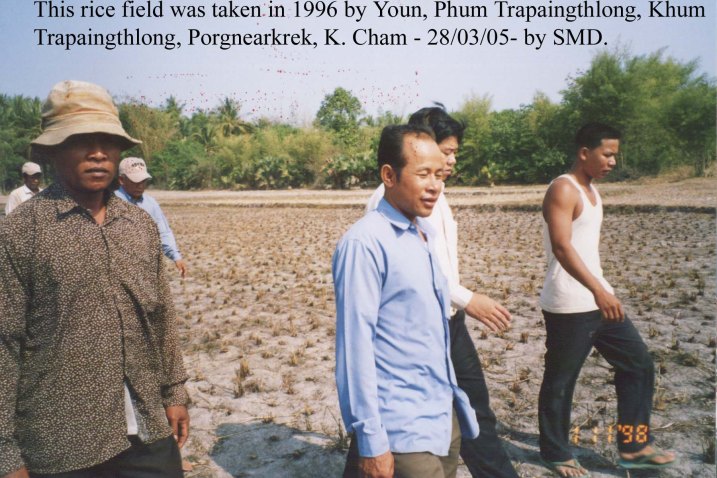PHNOM PENH, 30 November 2012 (The Cambodia Herald) - A senior official of the ruling
Cambodian People's Party has rejected a request by Sam Rainsy Party
lawmaker Son Chhay to discuss the return to Cambodia of exiled
opposition leader Sam Rainsy.
Cheam Yeap (pictured), chairman of the National Assembly Commission on Economy, Finance, Banking and Audit, said such talks could be held only if Sam Rainsy was a political prisoner rather than being convicted for violating criminal law.
He quoted Prime Minister Hun Sen as saying that Cambodia has no political prisoners. And while the country does have politicians who violate the law, the government has no right to interfere in the judicial system, he said.
Cheam Yeap, who is also a member of the CPP politburo, said convicts usually had to serve at least two thirds of their sentence before having the right to seek a pardon from king.
Sam Rainsy, who is believed to be living in France, has been been sentenced to 12 years for forgery and uprooting markers along the border with Vietnam.
Cheam Yeap (pictured), chairman of the National Assembly Commission on Economy, Finance, Banking and Audit, said such talks could be held only if Sam Rainsy was a political prisoner rather than being convicted for violating criminal law.
He quoted Prime Minister Hun Sen as saying that Cambodia has no political prisoners. And while the country does have politicians who violate the law, the government has no right to interfere in the judicial system, he said.
Cheam Yeap, who is also a member of the CPP politburo, said convicts usually had to serve at least two thirds of their sentence before having the right to seek a pardon from king.
Sam Rainsy, who is believed to be living in France, has been been sentenced to 12 years for forgery and uprooting markers along the border with Vietnam.








































